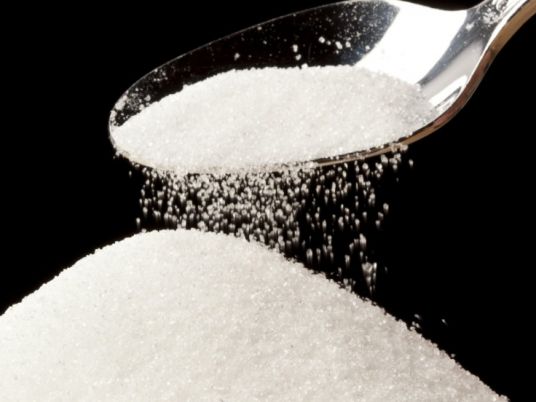
CNN — Many people eat the bulk of their calories at night, limiting breakfast due to busy workdays and school mornings, and experts have long thought eating late added to weight gain or hindered weight loss. You should eat light at night and make breakfast your biggest meal, earlier research has shown, to give your body time to burn off excess calories throughout the day.
The prevailing argument is that eating more calories earlier “shifts metabolism” in ways that favor greater weight loss, said Dr. David Katz, founder and former director of Yale University’s Yale-Griffin Prevention Research Center, via email.
Yet eating a big breakfast instead of a larger meal later in the day did not impact weight loss, according to a new clinical trial that compared people eating most of their daily calories at breakfast with those eating the most at dinner.
“With calories either morning-loaded or evening-loaded, the researchers found nearly identical weight loss,” said Katz, who was not involved in the study. In addition, “any magical effects” of early eating on the body’s metabolism were debunked, he said, describing the research as “extremely rigorous.”
“Thus, this study belies the contention that eating early alters metabolism in a way that favors greater weight loss.” said Katz.
The study, published Friday in the journal Cell Metabolism, was a randomized “crossover” trial. Thirty overweight or obese yet otherwise healthy people spent four weeks eating 45 percent of their assigned calories in the morning meal, 35 percent at lunch and 20 percent at dinner. The same group then switched to four weeks when the evening meal was highest in calories: 20 percent in the morning, 35 percent at lunch and 45 percent for dinner.
“Participants were provided with all their meals for eight weeks,” study co-author Alexandra Johnstone, a professor of medicine at the Rowett Institute at the University of Aberdeen in Scotland, said in a statement, “and their energy expenditure and body composition monitored for changes.”
Conflicting research
There was some good news for hearty breakfast eaters, however. If being hungry all the time is your downfall, eating big in the morning could help curb your appetite, the study found.
“We know that appetite control is important to achieve weight loss, and our study suggests that those consuming the most calories in the morning felt less hungry, in contrast to when they consumed more calories in the evening period,” said Johnstone.
“While disputing the claims for ‘metabolic’ advantages of early-in-the-day-calories, this paper does establish a plausible alternative: a potential weight loss advantage … via enhanced satiety and less hunger,” Katz said.
adult drinking coffee STOCK
Drinking coffee could benefit your heart and help you live longer, research finds
A body’s metabolic rate is determined by how quickly (or slowly) it turns calories into energy. To lose weight, the body must expend more energy than the calories consumed. “The more active you are, the more calories you burn,” according to the Mayo Clinic.
Aerobic exercise is the most efficient way to burn calories, but strength training is also important, experts say. That’s because muscle burns more calories than fat, both at rest and while exercising.
Earlier research, conducted with larger groups of people over longer periods of time, has found people who load up on calories in the morning do lose weight. It’s possible that eight weeks was not long enough for weight loss to be seen in the new research, the study’s authors said, or that other studies may not have measured body composition and energy expenditure in the same way.
Regardless, the new research results should not be used to “refute the importance of breakfast for the hungry, nor does it address the role of ‘having’ versus ‘skipping’ breakfast on weight,” Katz said.
It simply suggests that eating more calories at breakfast and fewer at dinner “may favor less hunger, more satiety during weight loss,” he said, assuming the meals are nutritionally the same.




